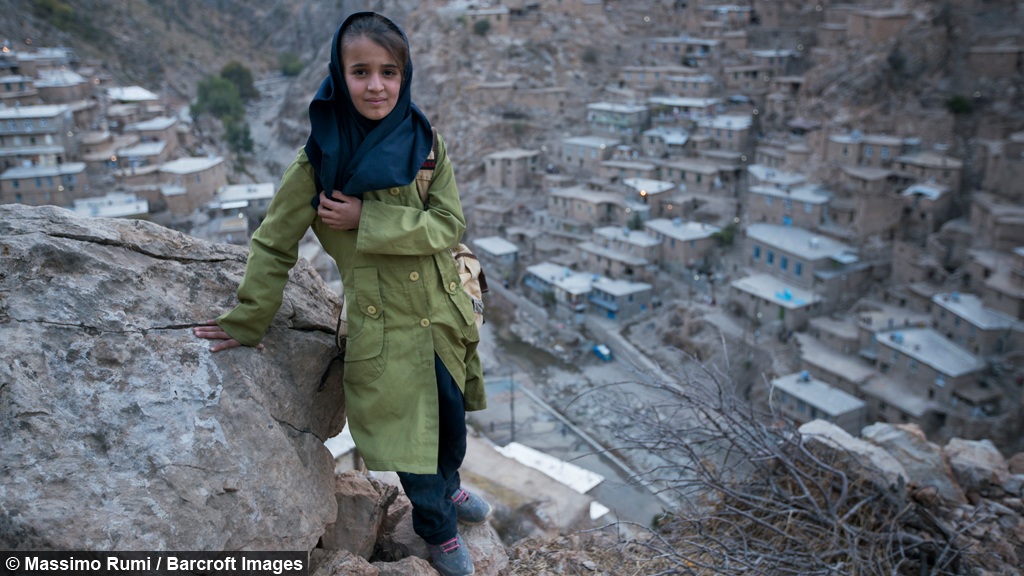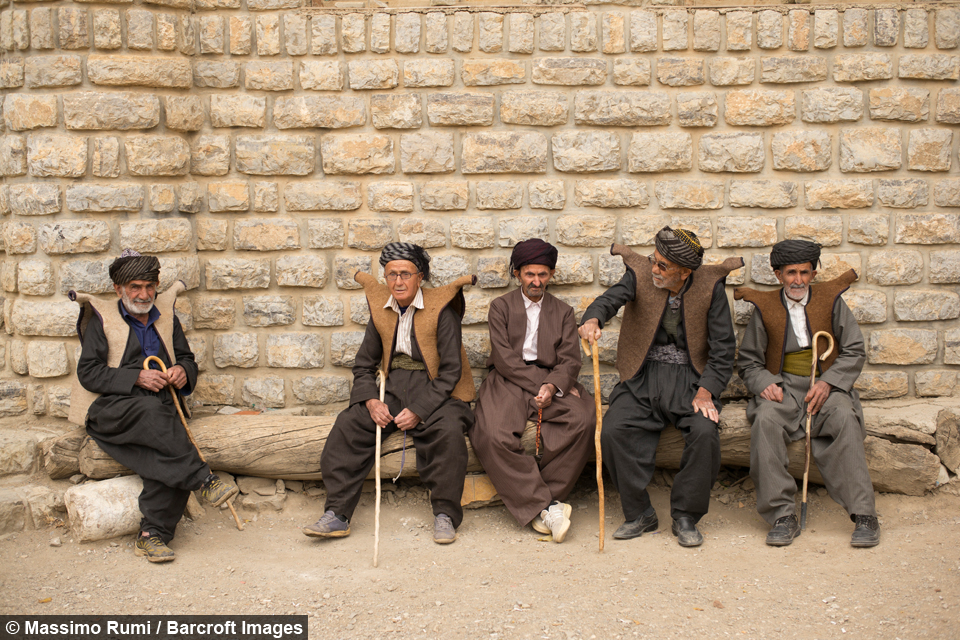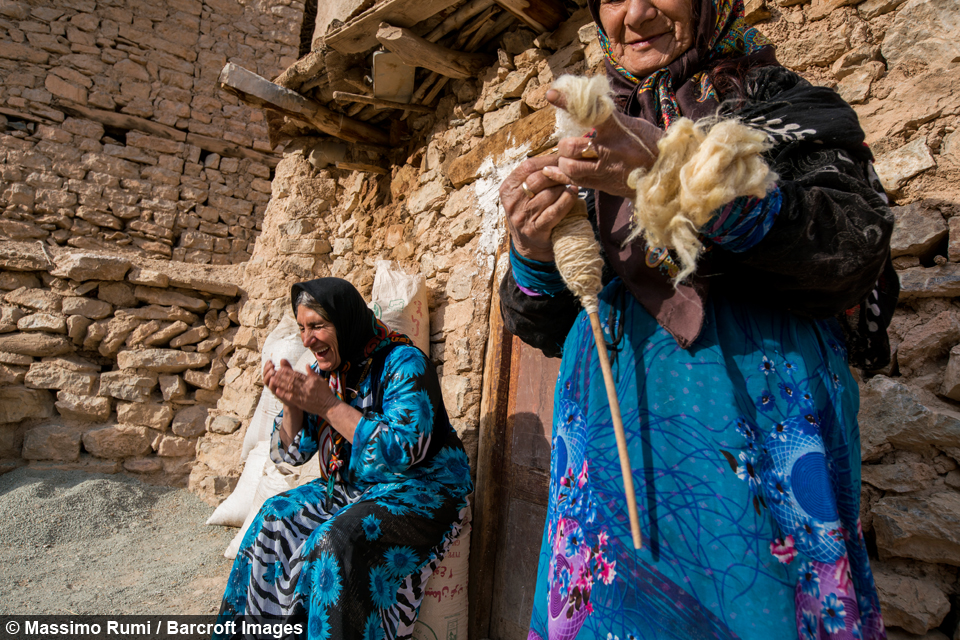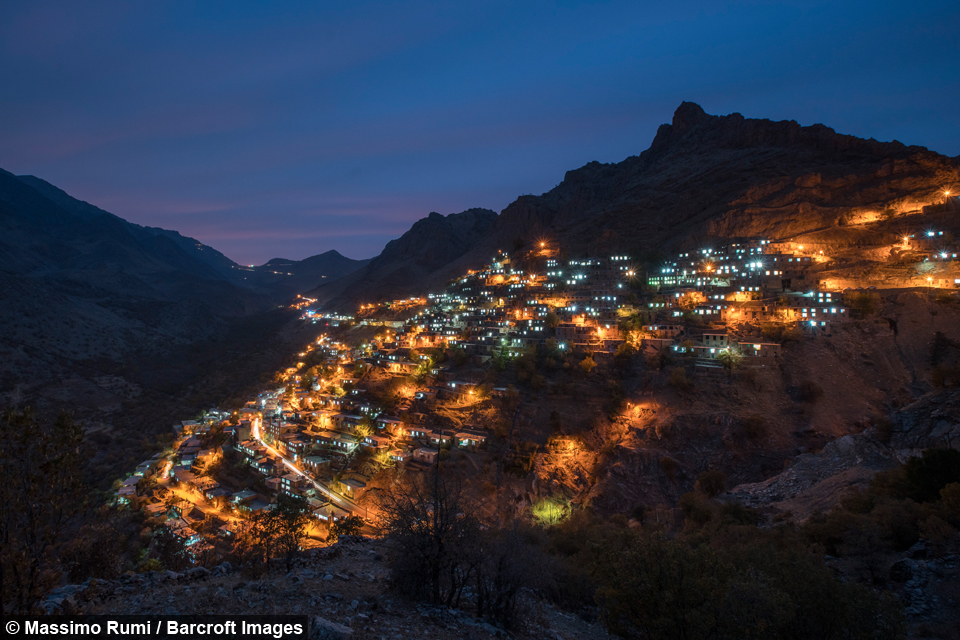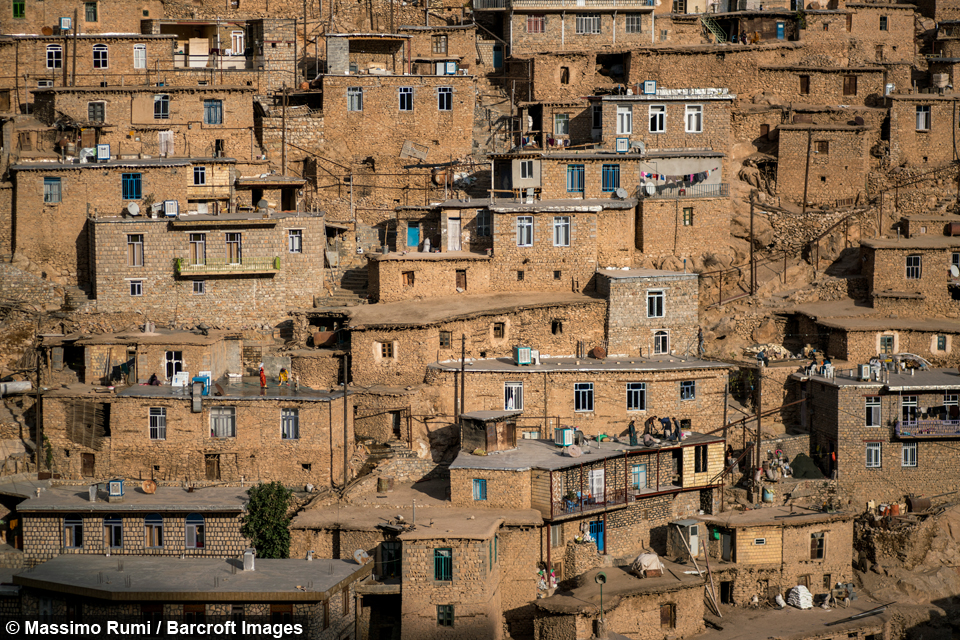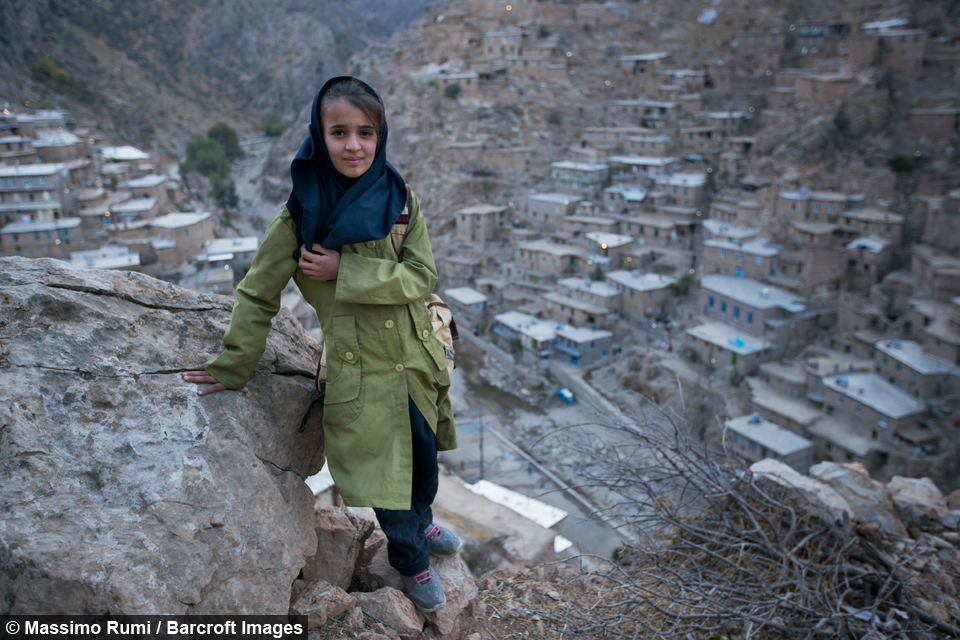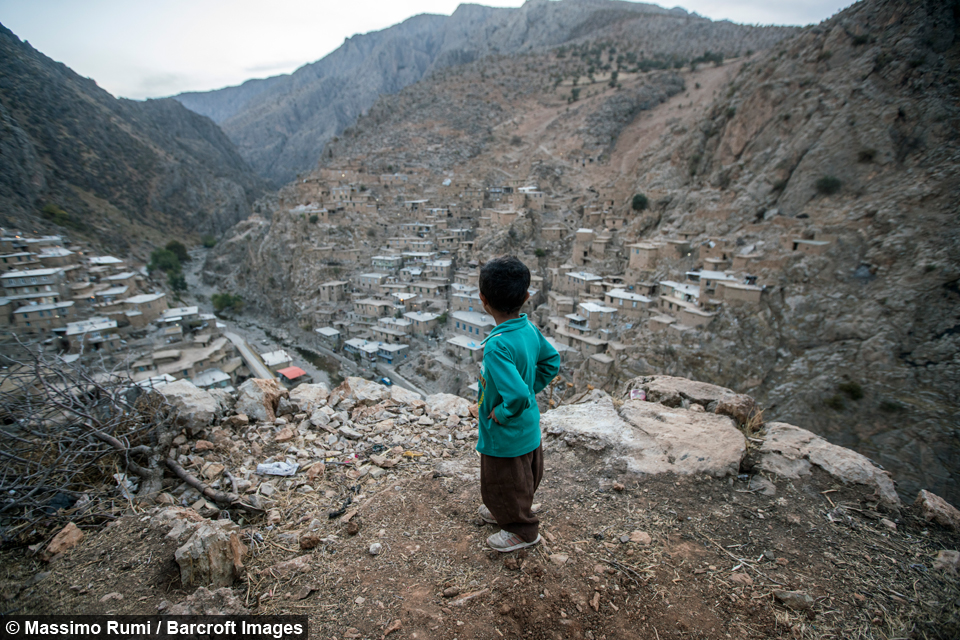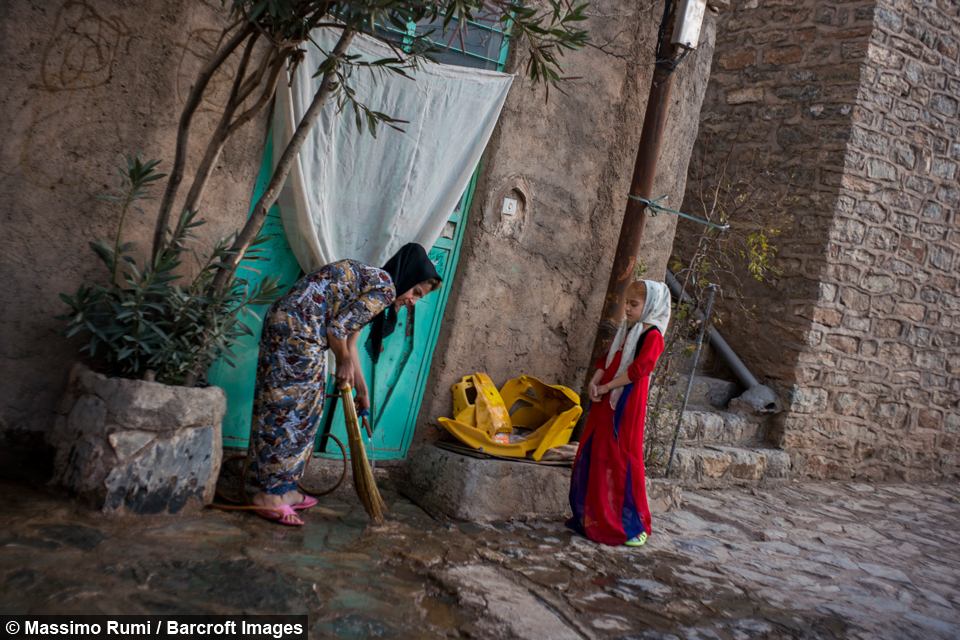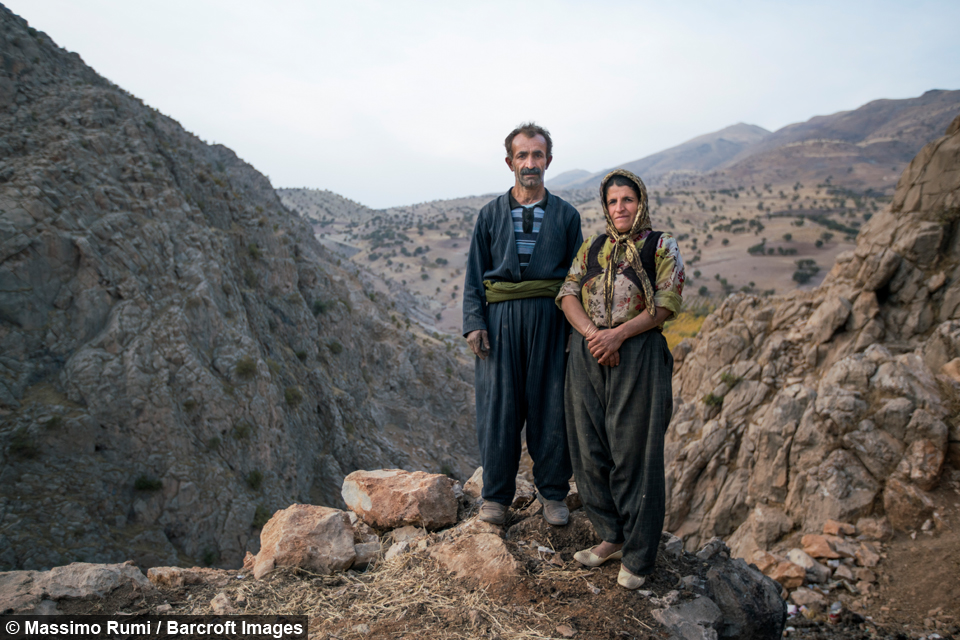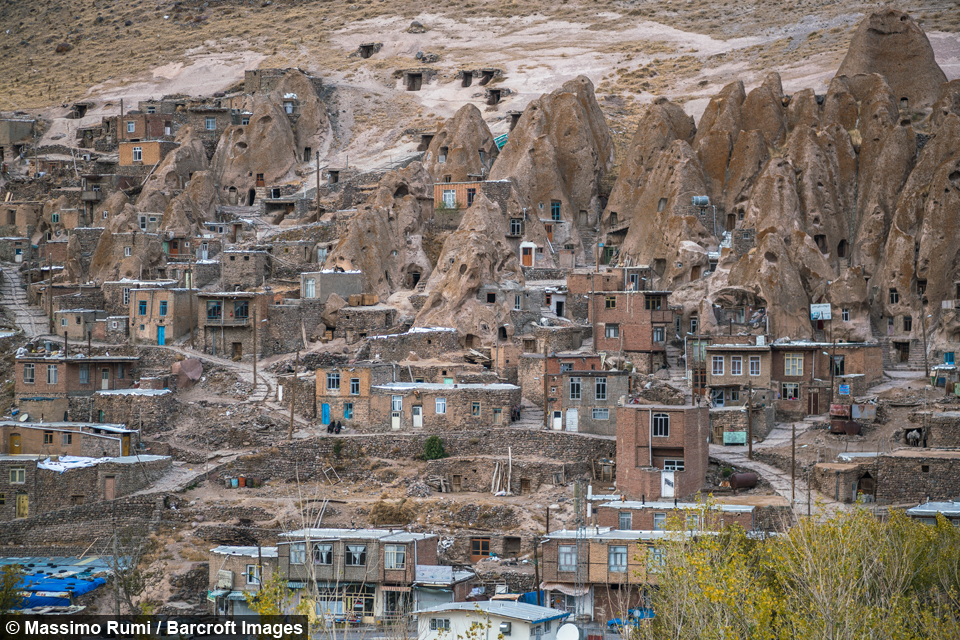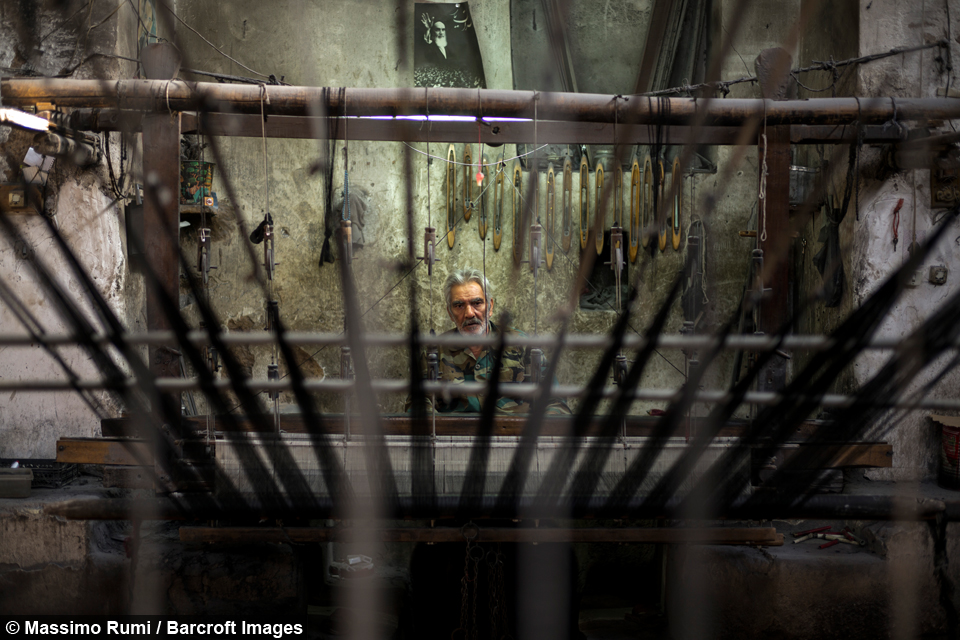Off The Beaten Track: The Hidden Villages of Iran
By Shannon Lane @shannonroselane
Scroll down for the full story
Italian photographer Massimo Rumi travelled around Iran for one month in November 2016, and visited the rural settlements in the central and west areas.
He said: "These places portray an interesting visage of ancient Iranian civilisation, the diversity of the natural environment and it’s ethnic composition.
"Some of these villages, like the crumbling mud brick village of Abyaneh, or the troglodyte cave dwelling of Kandovan are more than 2000 years old - and they are still inhabited today.
"The same images I captured on my trip could have been taken one hundred years ago and things would still look the same.”
The agricultural areas outside of the cities are authentic to ancient Iranian culture. Locals wear traditional clothes, speak local dialect and have yet to be impacted by tourism.
Massimo said: "Everyone seems busy doing something. Some women are sitting on the rooftop making yarn, kids are playing football, young men are building or repairing something, whilst their elders take care of the donkeys, which are very important animals as they are used to carry things up and down the near vertical villages."
However the remoteness of these villages causes an issue with transportation to and from the area.
The photographer said: "Many villages, especially in Kurdistan Iran, are so remote and isolated that it’s very difficult to get there.
"There is no public transport and the only way to reach them is by four wheel drive and long hours of bumpy and slippery mountain roads.
"Whilst the isolation presents a very serious challenge for villagers when it comes to school and hospitals - which are usually based in the cities far away - it does preserve the historical value of these places. The way of living doesn’t seem to have changed much over time.”
Unsurprisingly, the authenticity of the areas is what the photographer enjoyed the most about visiting Iran.
"For those who want to travel to Iran I would strongly recommend to get 'off the beaten track' because there are so many places which are truly authentic and impressive, with thousand of years of history.
"I truly loved the humanity I found in these places and the total absence of tourists. I was travelling by buses and local taxies and in many circumstances having a local guide helping me with the language, has given me the possibility to interact with locals and learn a lot about their life.
"These places are hard to get to but they will reward you in a big way.”
